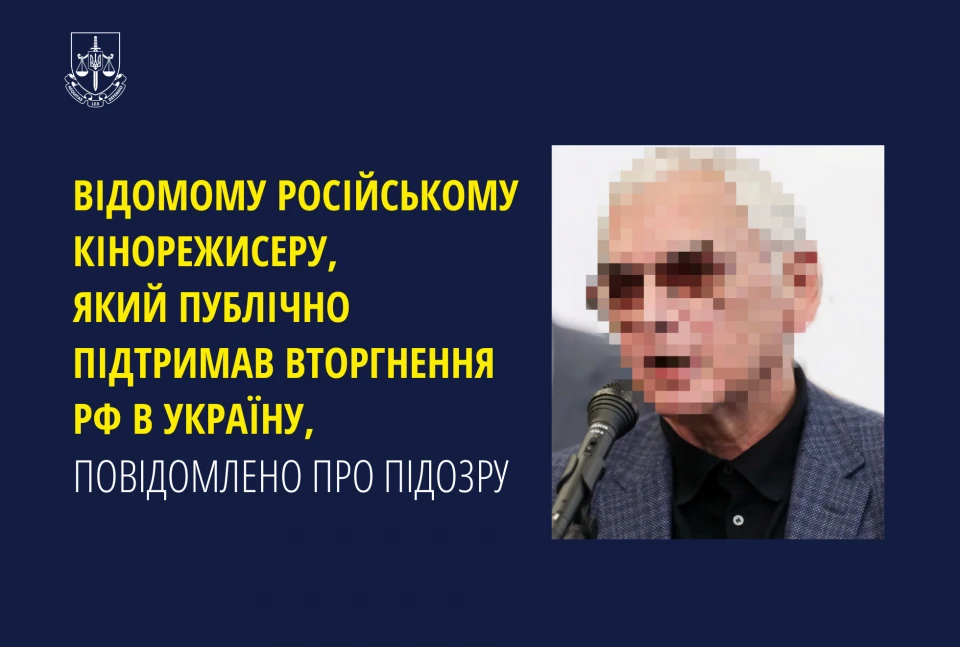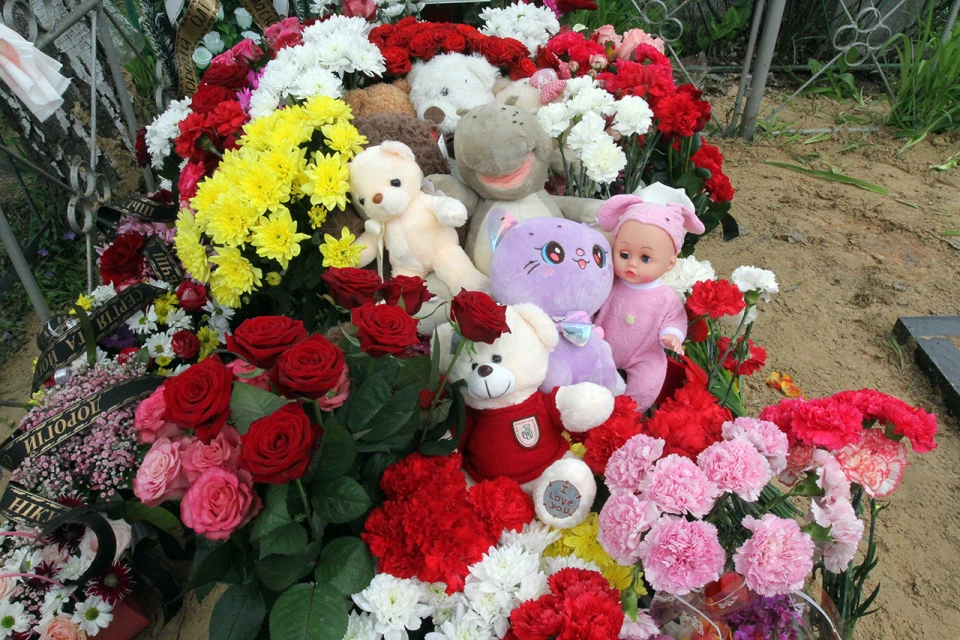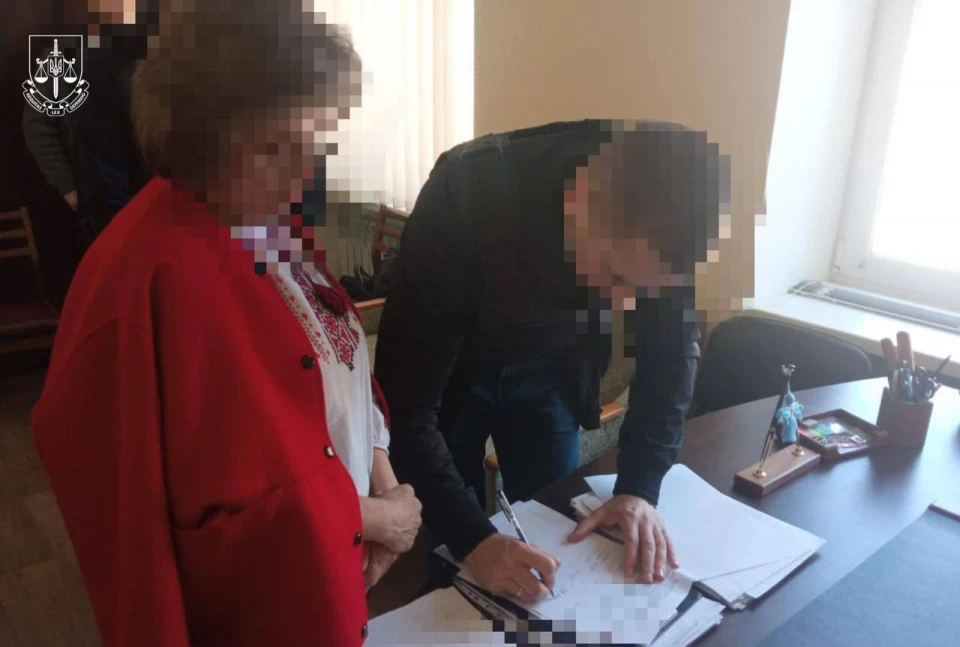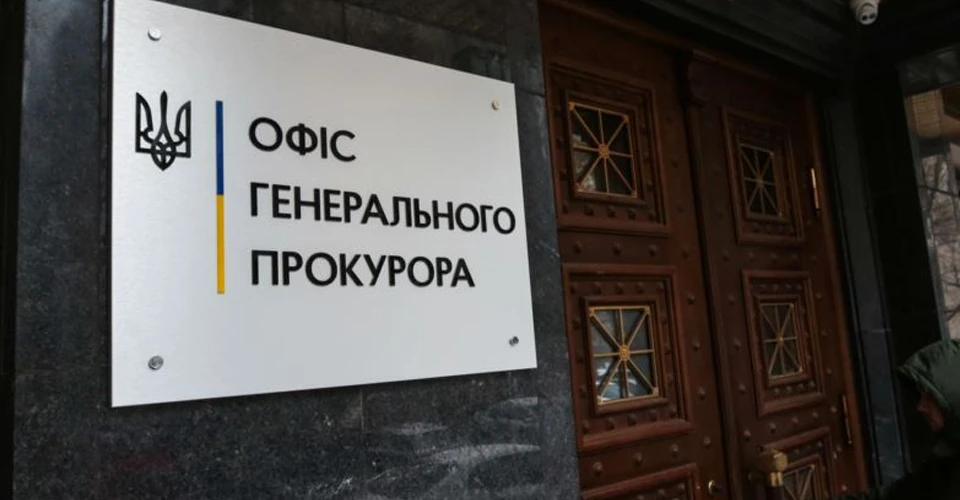Ukrainian deputy worked for Russia, he faces 15 years in prison
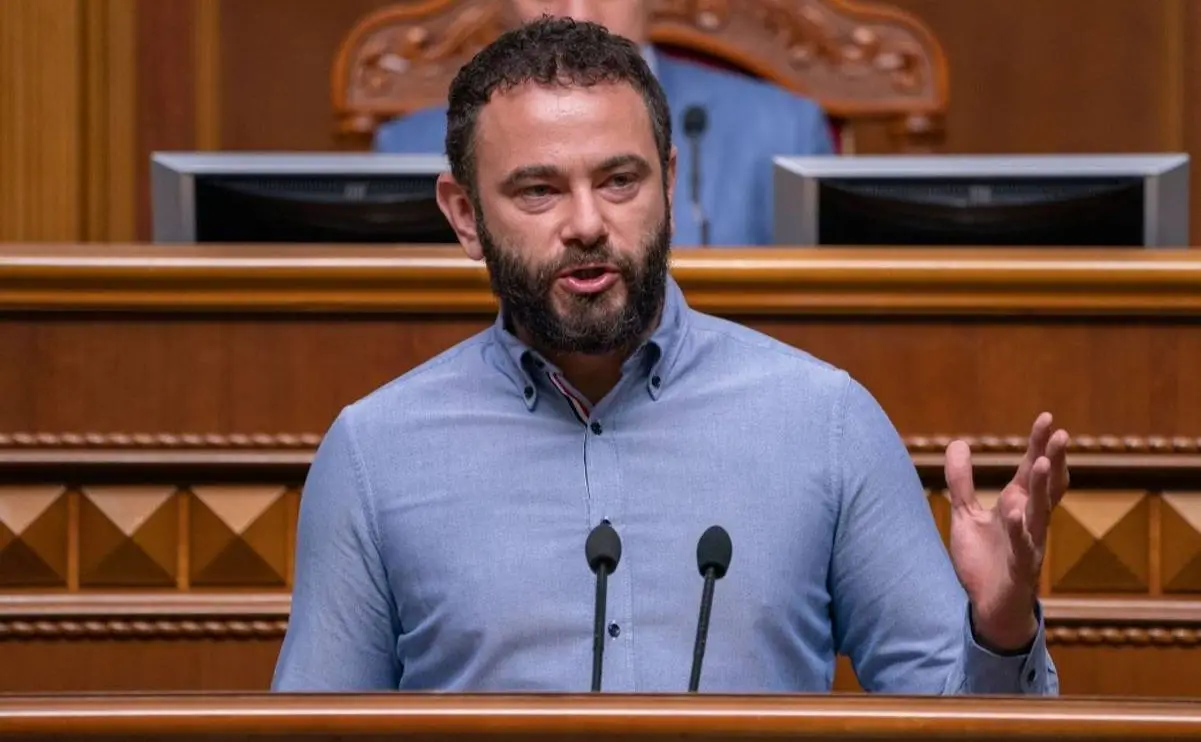
Oleksandr Dubinskyi worked for Russian intelligence under the pseudonym "Buratino"
Investigatorsof the Security Service of Ukraine and the State Bureau of Investigation havehanded over suspicion to Ukrainian MP Oleksandr Dubynskyy.
Accordingto the SBU press service, the MP had the nickname "Buratino"and was a member of a criminal organisation formed by the main directorate ofthe general staff of the russian armed forces.
The maintask of this organisation is to undermine the socio-political situation inUkraine and discredit our state in the international arena. For this, themembers of the group received more than $10m in funds from the Russian militaryintelligence.
Theinvestigation established that the suspect was spreading fakes about Ukraine'stop military and political leadership. One example is the dissemination offakes about the alleged "interference of Ukrainian officials in the USpresidential election" in 2019.
Inparticular, to "disperse" pro-Russian narratives, Dubinskyparticipated in relevant press conferences.
It has beenestablished that the criminal organisation was set up by the deputy head of theRussian Gru Vladimir Alekseev. This agent network operated in the Ukrainiancapital. His deputy, Aleksey Savin, was in charge of the operational managementof the enemy group from the territory of the Russian Federation.
Accordingto investigators, apart from the MP, the enemy group included former MP AndriyDerkach, who fled abroad on the eve of a full-scale invasion by Russia.
Formerprosecutor Kostyantyn Kulik was also part of this agent network. He had thecall sign "Ptichka" and is now hiding abroad. While conductinginformation sabotage against Ukraine, Kulik publicly engaged in pseudo-legal"justification" of fakes in favour of the Kremlin.
Thesubversive activities of the criminal organisation in Kyiv were coordinated byKulik's ex-assistant, Igor Kolesnikov, a former Soviet-era cargo officer, whohas already been convicted and is serving a sentence for treason.
Now, basedon the collected evidence, the Prosecutor General of Ukraine has informed theparticipant of the criminal organisation - a people's deputy - of suspicionunder two articles of the Criminal Code of Ukraine: part 1 of article 111 (hightreason) and part 1 of article 255 (creation, management of a criminalcommunity or a criminal organisation, as well as participation in it).
Alekseevand Savin, who set up a criminal organisation and were involved in incitementto high treason, as well as Russian agents, ex-MP Derkach and ex-prosecutorKulik, are also suspected under the same articles.
On the night of 14 November, the Pechersk District Court imposed a pre-trial restraint on Oleksandr Dubinsky in the form of detention.
In his telegram channel, Dubinsky himself called the court's decision a response to his criticism of the authorities: "It's called 'New Year in jail' for criticising the authorities. I wonder if there will be tangerines?"
Theparliamentarian will stay in the pre-trial detention centre until 12 January2024.
The investigation is ongoing. The attackers face up to 15 years with confiscation of property.
Inaddition, the investigators found out how Dubinskyy was able to sign and sendofficial documents, in particular to state bodies, while abroad. In the opinionof law enforcers, this may indicate their forgery.
On 9August, Dubinskyy was informed about suspicion of official forgery, part 1 ofArticle 366 of the Criminal Code of Ukraine. According to the investigation, hetravelled outside Ukraine under the guise of accompanying his father fortreatment in a foreign medical institution.
And alreadyon 10 August Pechersky district court of Kyiv elected a measure of restraintDubinsky in the form of personal commitment for a period of 2 months. The MPwas obliged to wear an electronic bracelet.
On 1November, law enforcers searched the MP's house again. A few days later, he wasdeclared a suspect for the scheme with the departure of evaders.
On 6November, the court chose a preventive measure for Dubynskyy in the form of24-hour house arrest, and on 8 November he was handed a protocol on corruption.

